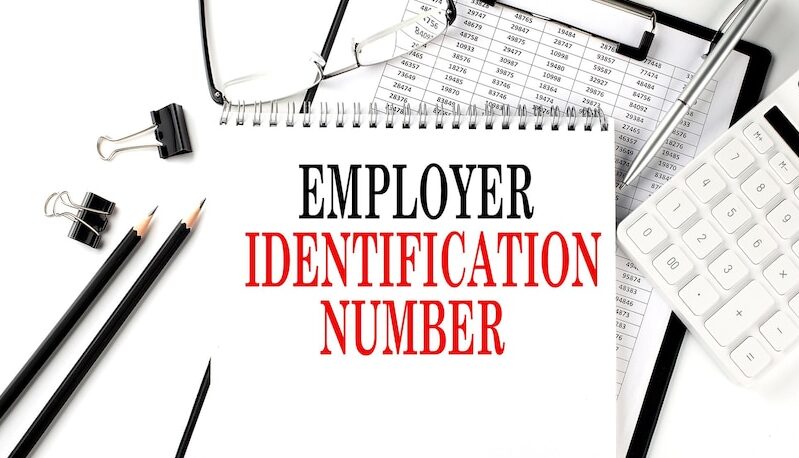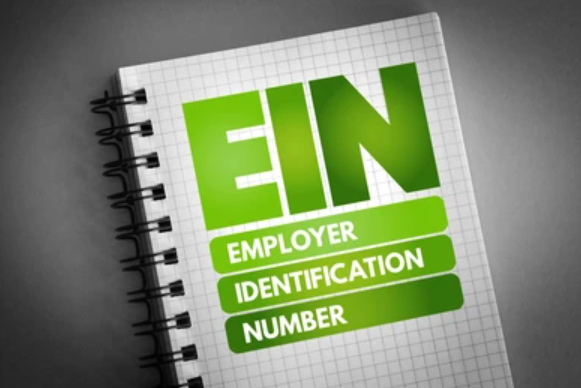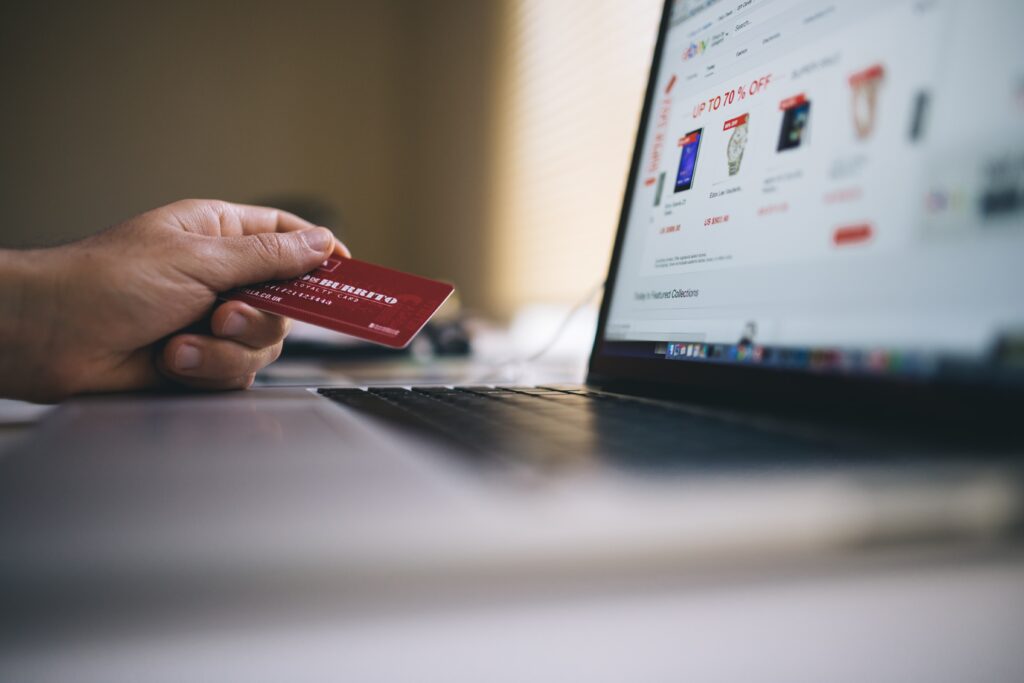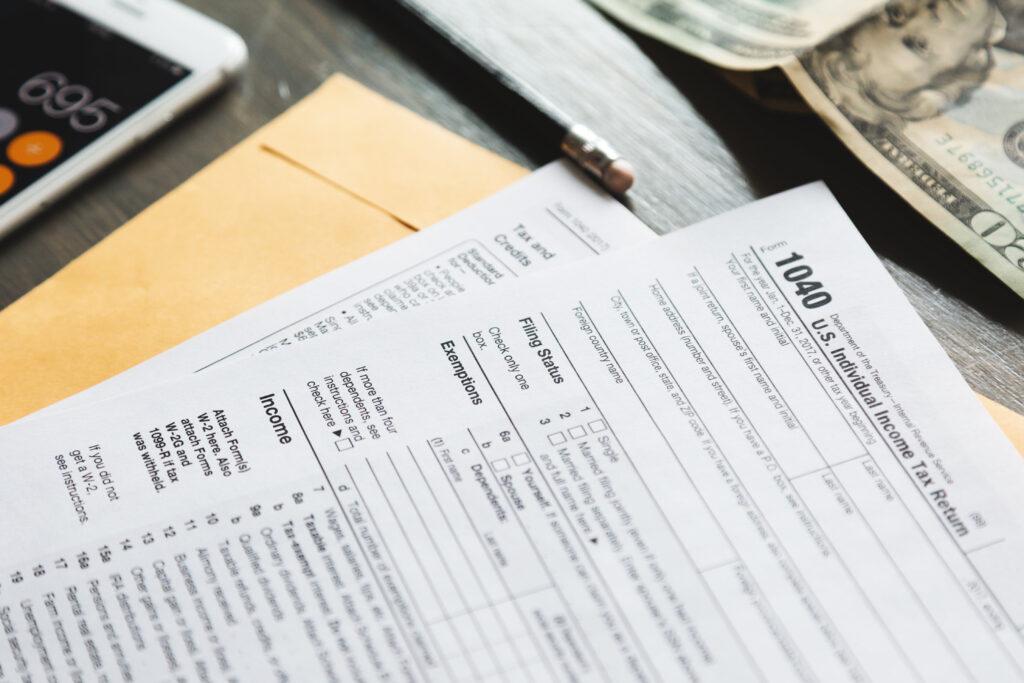What is an EIN and does your business need one?
An Employer Identification Number (EIN) is relatively easy to obtain and a useful—sometimes mandatory—tool when starting a new business or considering a side business.
An Employer Identification Number (EIN) is mandatory for some businesses and optional for others. But in general, an EIN is necessary for independent contractors and small business owners. Understanding who needs to apply and the benefits that come with having an EIN can give your business a real advantage.

What is an EIN?
An EIN is an exclusive nine-digit number assigned to your business by the Internal Revenue Service and identifies your business for tax purposes. It’s like your Social Security Number, except it’s designed for businesses only. It’s necessary for paying employees and managing your business taxes.

Who is required to have an EIN?
The following business structures are required to have EINs:
- Corporations
- Partnerships
- Limited liability companies
Sole proprietorships, in general, are not required to have an EIN. However, an EIN is required if:
- You have employees or plan to hire them.
- You want to offer a Keogh or solo 401(K) retirement plan
- You’re inheriting or thinking of buying a sole proprietorship
- You need to file for bankruptcy
The IRS also requires EINs for trusts created by estate funds and representatives who oversee an estate that operates a business after the owner’s death.
Independent contractors, freelancers, people running small businesses out of their homes, and people with side jobs who capitalize on the gig economy are generally not required to get an EIN. Still, there are plenty of reasons why they should.
Why can't I just use my Social Security number?
When the IRS mandates an EIN, you don’t have a choice. But here’s a key reason why it’s a good idea to use an EIN for business even when it’s not required: avoiding identity theft.
An EIN helps keep your personal and business finances separate. It reserves your Social Security Number for personal needs and keeps identity thieves from ripping off your personal assets. The IRS recommends using your Social Security Number only if you have a very simple business structure and no employees. Business Filing Solutions can assist you in Securing an EIN today.

What other advantages come with having an EIN?
In some ways, an EIN is one of the best-kept secrets in the business world. Surprisingly, applying for one isn’t on every entrepreneur’s to-do list. An EIN makes it easier to:
Apply for a business license
This varies by state, but many states require an EIN before you can be licensed to conduct business.
Get a business bank account
More banks require an EIN to open a business bank account, along with the appropriate business license to show that you’re permitted to operate in your area. Depending on your business structure, you may have to show articles of incorporation or a “doing business as” (DBA) certificate.
Take out a bank loan
Most banks require you to have a business account before you apply for a loan.
Hire employees
Having employees means an EIN is absolutely required, and you can’t set up your payroll system without one.
File your taxes
If you are required to have an EIN and don’t have it before you file your taxes, you open yourself up to all kinds of tax penalties.
Boost credibility
An EIN establishes you as a serious, responsible person who’s committed to your business.

What's the difference between an EIN and a FEIN?
A FEIN is a Federal Employee Identification Number. It serves the same purpose as an EIN, except the federal government issues it instead of the state. A FEIN also allows you to enroll in the electronic federal tax payment system, where you can easily make tax payments over the phone or online. Business Filing Solutions can assist you in Securing an EIN today.
How do I apply for an EIN?
Here’s the good news. Applying for an EIN is easy. Once you’ve established your business with the State, you then request an EIN. Business Filing Solutions can assist you in Securing an EIN today. When you apply online, your EIN will be emailed and you’ll be able to view and print your assigned EIN. You can also go directly to the irs site to secure your ein.
Note that:
- Your principal business must be located in the U.S. or a U.S. territory
- You must have a Social Security Number, Individual Taxpayer Identification Number (given to those who aren’t eligible to obtain a Social Security Number), or preexisting EIN.
- You must be considered a “responsible party,” which means you’re the person who ultimately owns or controls the entity applying or exercises ultimate effective control over the entity.

